The American Ornithological Society (AOS) announced on Nov. 1 plans to rename all North American birds named after the researchers who documented them.
The new names, while not decided, will make it easier for amateur bird watchers to identify birds and remove the spotlight from problematic figures, such as slave owners.
Sushma Reddy, the secretary of the AOS and chair of ornithology at the Bell Museum, said she is thrilled to be a part of the team in charge of renaming these birds.
The idea of change gained traction in 2020 after the murder of George Floyd and the incident in Central Park where police were called on a black bird watcher because of his race, according to Reddy.
“We were in this period of racial reckoning,” Reddy said. “[My colleagues] created this petition, pointing out how harmful names of birds that are directly after people can be for different communities.”
Reddy added there are three general criteria for new names: they should be descriptive of the bird, exciting and inoffensive.

Other professionals knowledgeable about communications and social sciences will work alongside bird experts to ensure these criteria are met, according to Reddy.
Lori Arent, assistant director of the Raptor Center, said the center supports the decision to change roughly 70 to 80 bird names.
“We feel it’s our responsibility to correct the things we can to prevent injustices from continuing on into the future,” Arent said.
Kara Snow, board member of the Minnesota Ornithologists’ Union and employee of the Avian Ecology Lab at University of Minnesota – Duluth, said the changes make her proud to be a part of the greater ornithological community.
“I think it’s a good start,” Snow said. “Just to have it out there that we don’t find these actions acceptable, and we are going to choose to not honor these people anymore.”
Reddy said the AOS will begin with a pilot program focusing on 10 names, eventually transitioning to a full-scale committee to make decisions. This gives the AOS the opportunity to figure out what the official process will be.
The committee will first focus on names of birds in the U.S. and Canada in early 2024, according to Reddy. The committee will eventually expand to Latin American countries and it will include new members to make sure everyone is represented.
The public will be able to give input on the renaming process, but the society is still deciding best practices to collect this information, Reddy said.
Arent said she hopes, in the long term, the changes will encourage people to care more about the environment.
“[The changes] would have such an impact on not just the field of ornithology, but also birders and conservation groups and policymakers and pretty much anyone who ever thinks about what a bird species is,” Reddy said.
Snow said the changes will make birding more accessible to amateurs by making bird names more reflective of the species physical traits.
“I think when you come to something like birds, which are a natural resource that belongs to everybody, [the changes] reduce barriers for people to engage to learn more, and then ultimately, to help conserve them,” Arent said.



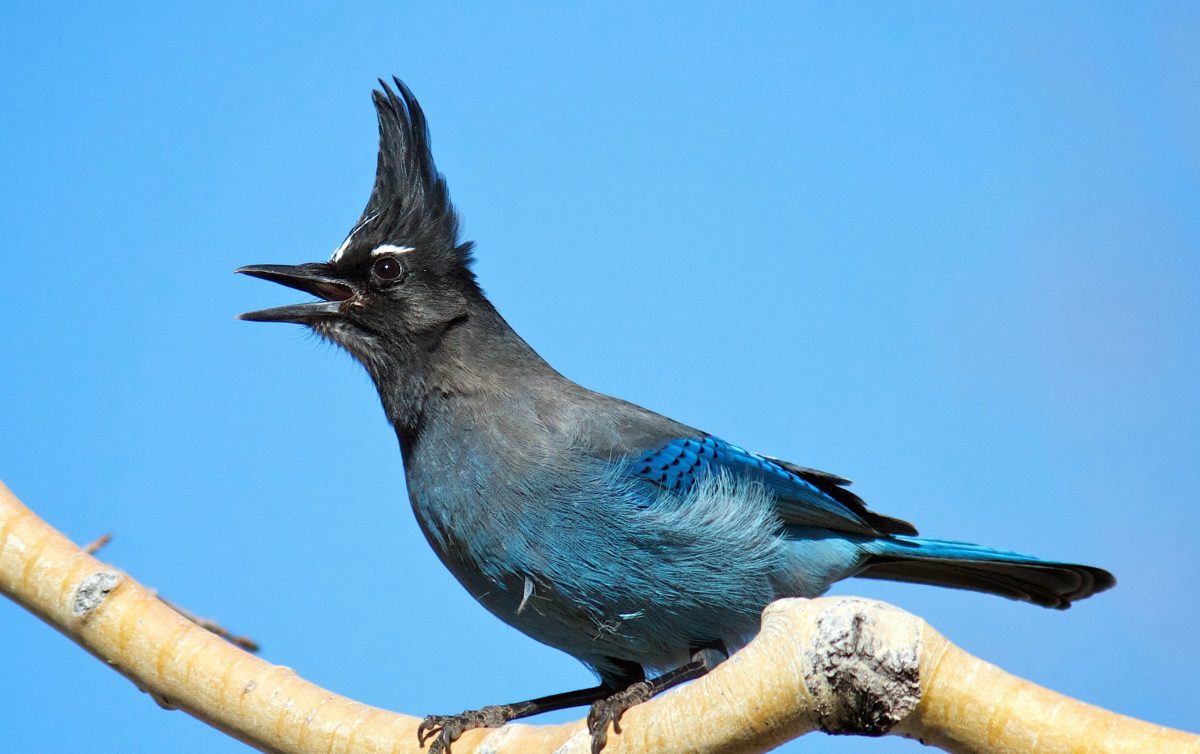
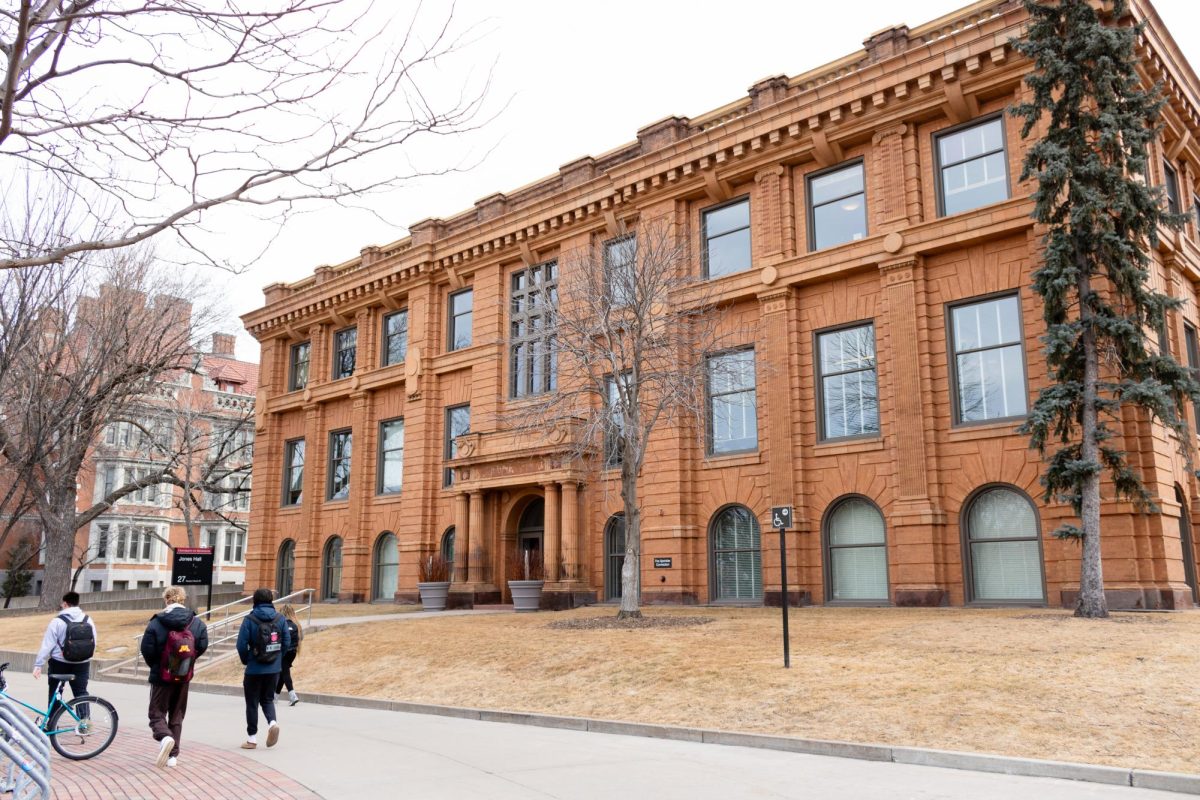
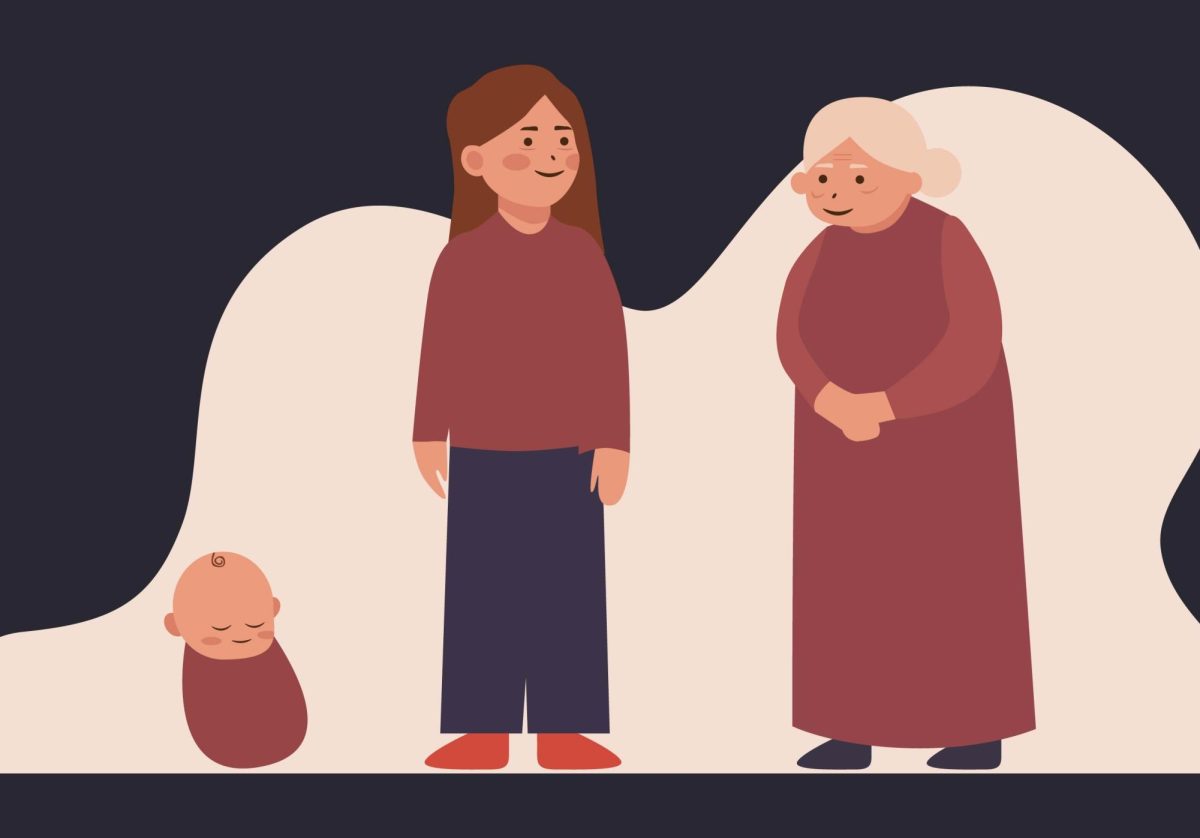

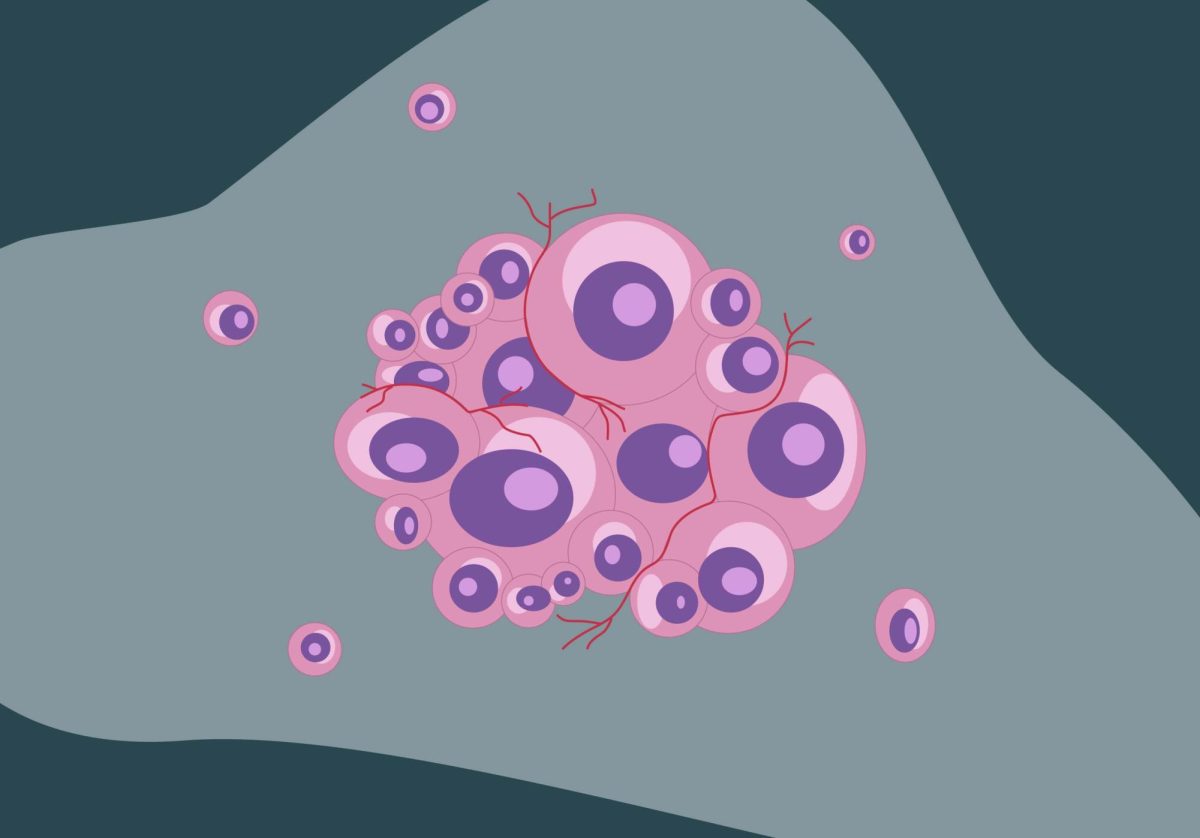
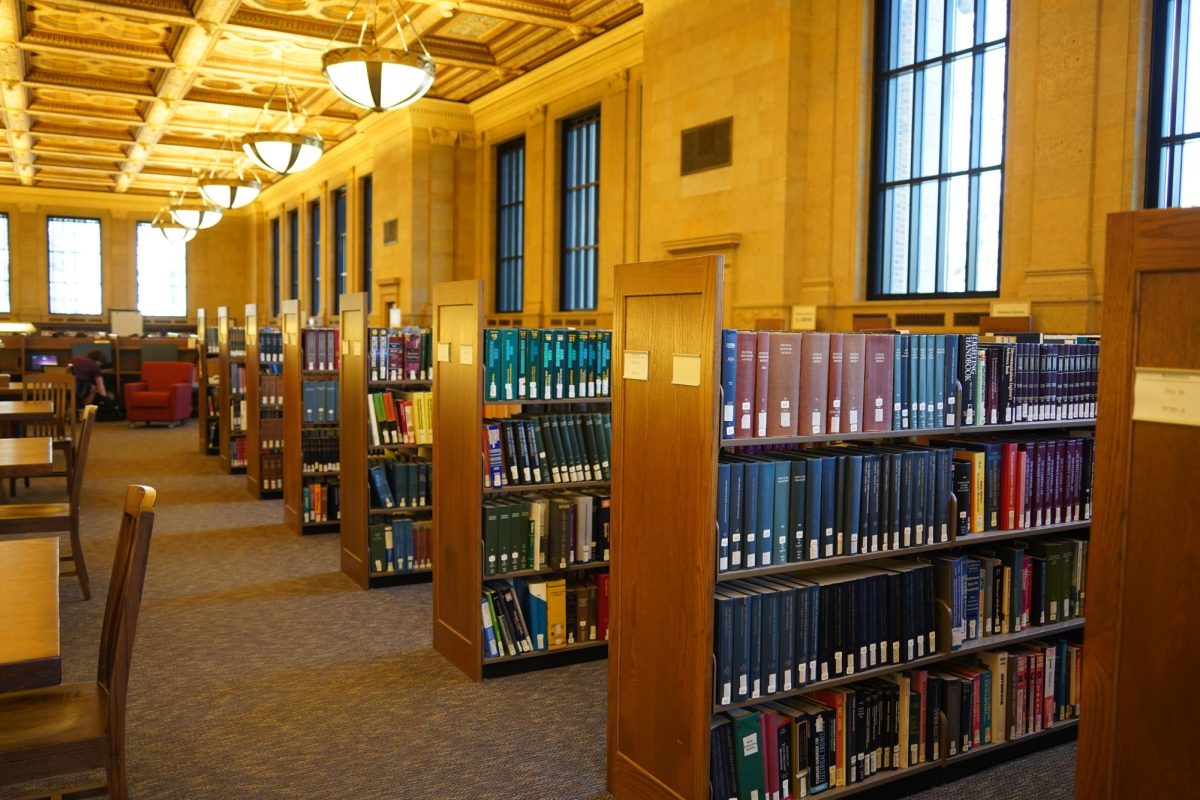


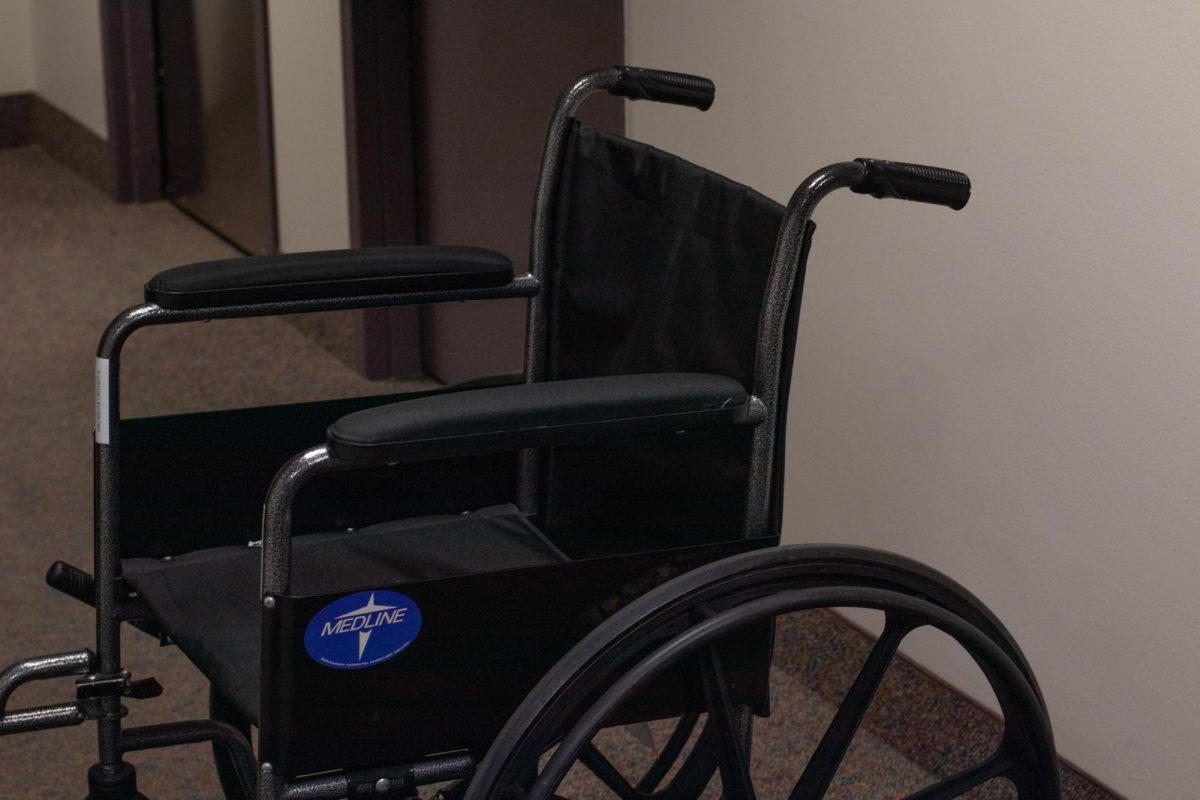
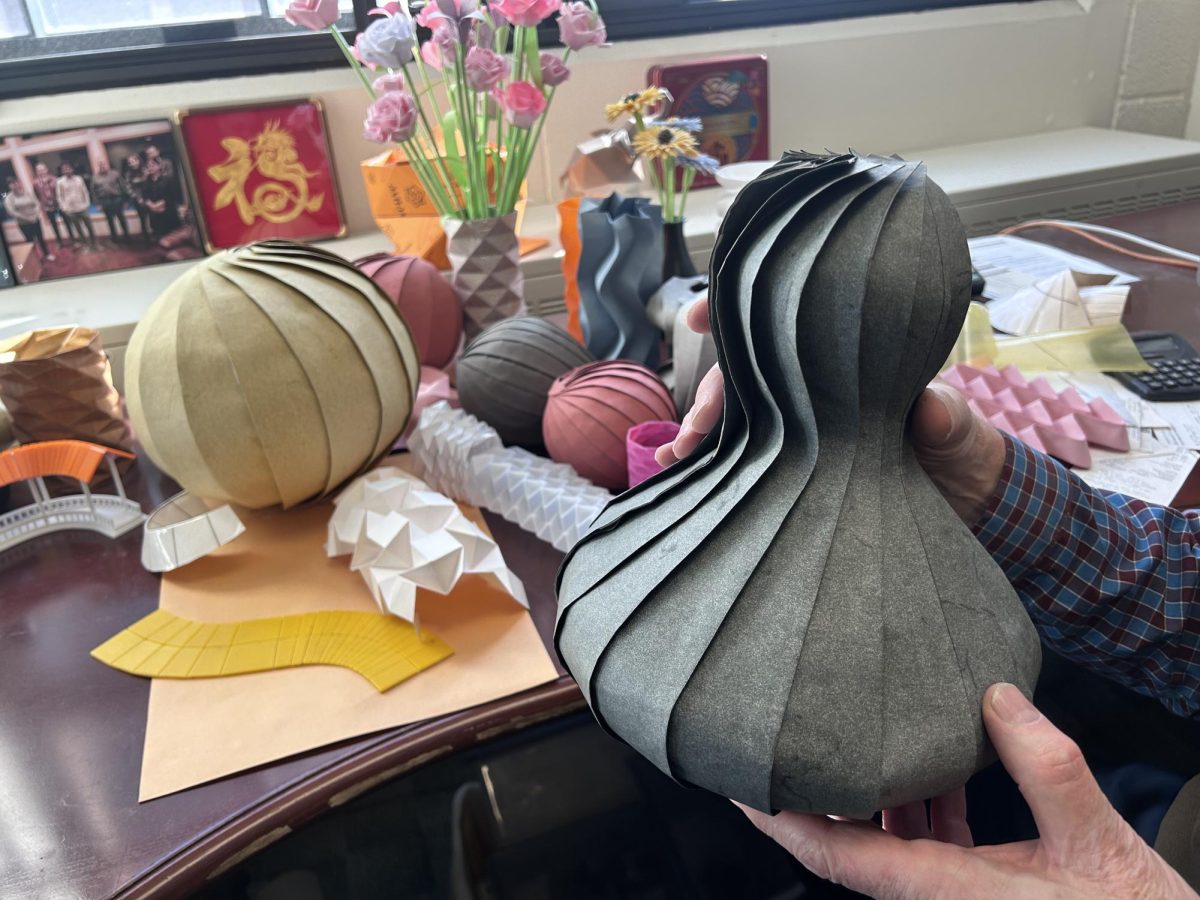


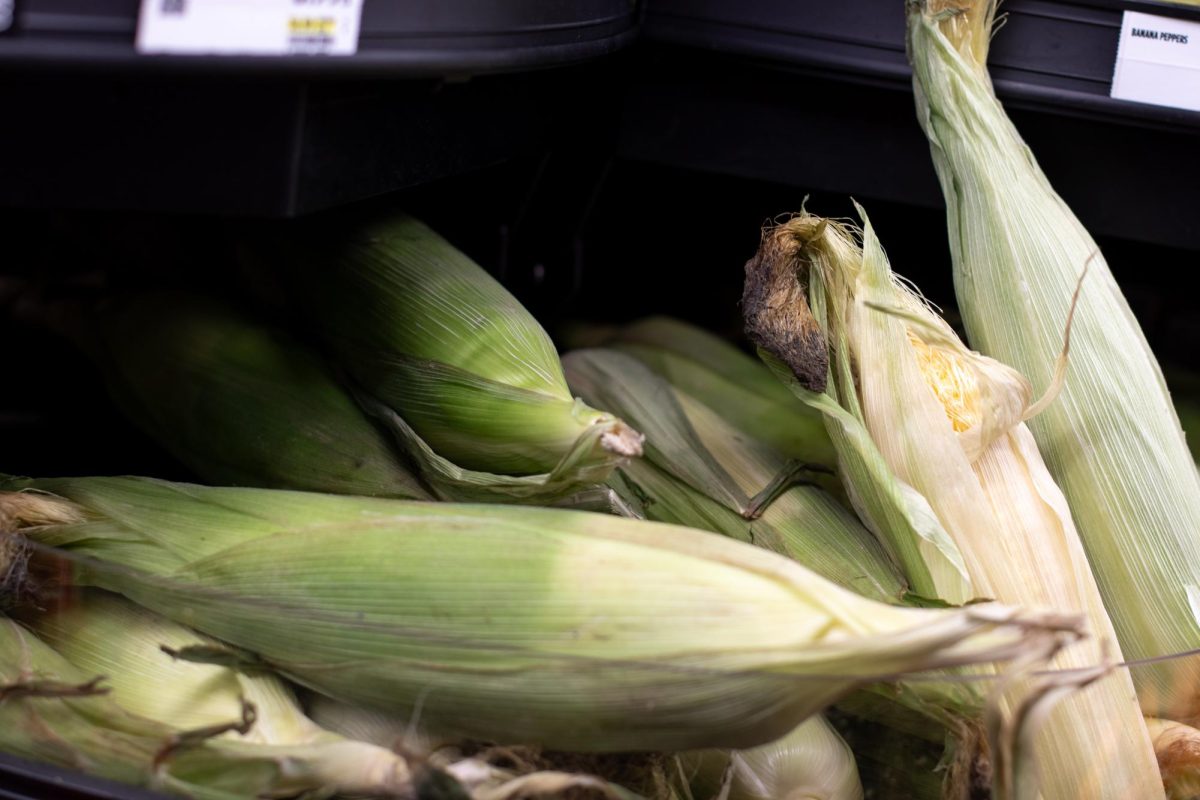
Robert
Nov 24, 2023 at 2:20 pm
I think you all have lost your mind!